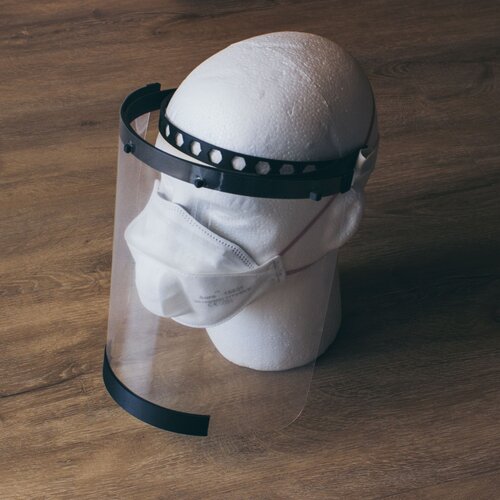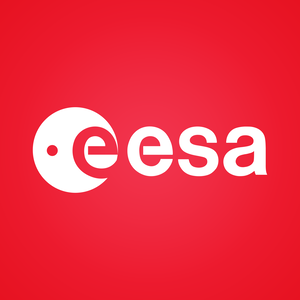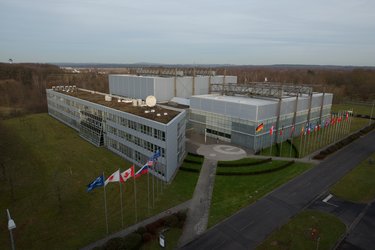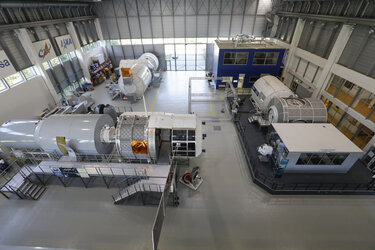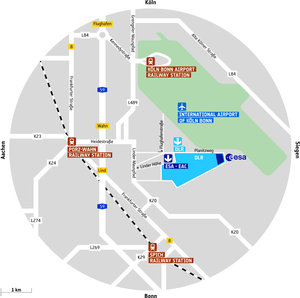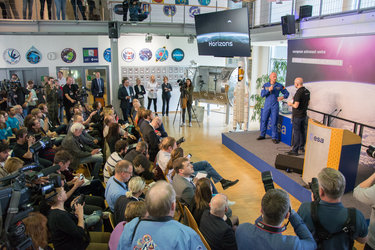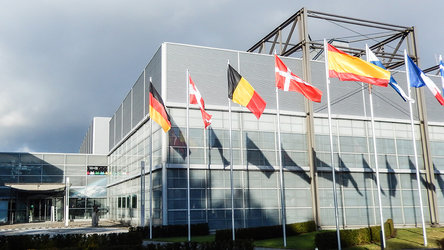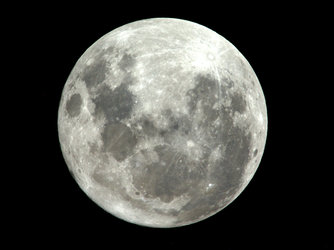Space doctors in the virtual house
ESA’s first online space physicians training course took place from 21–22 January 2021, attracting over 50 participants from across Europe and the world.
Usually conducted in person at ESA’s European Astronaut Centre in Cologne, Germany, the annual course is run by ESA’s space medicine team and gives medical doctors the opportunity to learn more about space medicine and supporting astronauts’ health from ESA’s leading experts.

Like many events over the past year, the course’s digital nature was a result of Covid-19 regulations. However, it also meant more people could join than the 30 typically hosted on-site. The course also ran across two days, rather than the traditional three, with online lectures complemented by a course website that provided resources, materials and information for participants.
EAC education and academic coordinator David Green and medical education coordinator Mareike Morawietz organised the course alongside ESA trainee Lena Ziehfreund and were particularly pleased with the calibre of participants whose questions kept experts on their toes.

“Coordinating a course like this is a challenge, but so is supporting astronauts during their missions to space,” David explains. “Medical support is always provided to Earth’s orbit through teleworking, so it seemed fitting that our experts should impart their knowledge to budding space physicians in this way as well.”
Throughout the two days, participants discussed the impact of space conditions on the human body and the countermeasures in place to mitigate this. They also learned about how flight control teams handle private medical communication with astronauts on the International Space Station, the risks of space radiation, the role of psychological assessment in astronaut selection and support, and how physicians contribute on the ground in space-like environments such as Concordia research station in Antarctica.
Additional highlights included a question and answer session with former ESA astronaut and inter-agency coordinator Thomas Reiter who shared his perspective on life in space, and a presentation by former head of the ESA space medicine team Volker Damann on the future of space medicine both in terms of the International Space Station and future deep-space missions.
David says, while the team hopes to be back onsite for subsequent editions of the space physicians training course to enable practical session and tour of facilities, the digital format was a success.
“Thank you to all the physicians who participated in our online course this year. We really enjoyed providing an introduction to this fascinating field and look forward to building on this with the next group of medical doctors in 2022. Stay tuned for the next call for applications.”















 Germany
Germany
 Austria
Austria
 Belgium
Belgium
 Denmark
Denmark
 Spain
Spain
 Estonia
Estonia
 Finland
Finland
 France
France
 Greece
Greece
 Hungary
Hungary
 Ireland
Ireland
 Italy
Italy
 Luxembourg
Luxembourg
 Norway
Norway
 The Netherlands
The Netherlands
 Poland
Poland
 Portugal
Portugal
 Czechia
Czechia
 Romania
Romania
 United Kingdom
United Kingdom
 Slovenia
Slovenia
 Sweden
Sweden
 Switzerland
Switzerland





























